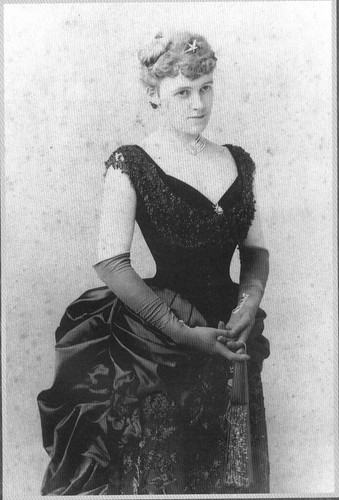 If you're a lady concerned about dying an old maid, you really ought to take half a moment to read this short story. If you're too busy updating your online dating profile to read this, that's fine. But let me just break it down for you.
If you're a lady concerned about dying an old maid, you really ought to take half a moment to read this short story. If you're too busy updating your online dating profile to read this, that's fine. But let me just break it down for you.This poor lil' wifey:
1) Thinks she's lost her beloved husband.
2) Mourns for 1/2 a second.
3) Realizes she really missed being a single lady.
4) Finds new joy in life for 1/2 a second.
5) Her hubby walks in the door.
6) She dies of disappointment.
How about that? Holy wow. If ever there was an argument against marriage, Chopin (Kate) has got it nailed: Don't get married because when your husband doesn't die you will die of sadness.
Also: did you know that Chopin (Fredrick) wrote the traditional funeral march? You know the one. (Dum Dum DaDum Dum DaDum DaDum DaDum)




